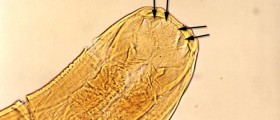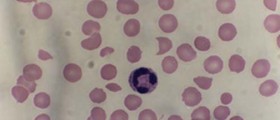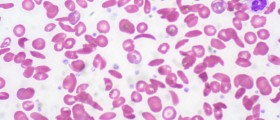
Bilharzia is a human disease caused by the parasites named schistosoma. At least 300 millions of people all over the world are infected, and a billion of people are at risk due to Bilharzia. Schistosoma is the class of some sorts of flatworms that are responsible for causing this disease. Also, it is popularly known as snail fever or blood fluke.
Causes of bilharzia
This disease mainly occurs in tropical countries like Africa, the Middle East, South America. Person may pick up a schistosoma infection through contact with dirty water. Parasite larvae grow in snails from which they infect people, their perfect host, in which they mature and reproduce. The parasite in its contagious stages is called a cercariae. When the parasite digs into the skin, it develops into the next larval stage, which is known as schistosomula.
After a period of time, it moves to the lungs and liver, where it grows into the adult form. Some of the organs which these worms may affect are bladder, portal venous system, liver, rectum, intestines, spleen, and lungs.
Symptoms may be different and they depend on the species of worms and the phase of the infection. Many parasites may cause fever, chills, lymph node growth, and liver and spleen increase. Intestinal symptoms are related to the pain in abdomen and diarrhea (which may be bloody). First invasion of the skin may result in itching and a rash (swimmer\'s itch) and may involve frequent and painful urination, and blood in the urine.
Due to schistosoma, the lesions may grow on the central nervous system, spinal cord, lung, appendix and testis. Kids who are over and over again infected can result in anemia, wasting, and learning difficulty. To make a diagnose, the doctor will order test for schistosoma eggs in stool, test for schistosoma eggs in urine, biopsy of the tissue which is suspected to be affected, antibody test (tests for schistosoma antigens), high eosinophil count in blood, anemia test and low platelets. The infection is typically treated with the medicine Praziquantel. In some situations, when the infection is much more severe or when the brain is affected, the doctor may prescribe corticosteroids.
There are certain complications which may occur, such as chronic kidney disease, bladder cancer, pulmonary hypertension, seizures, and right-sided heart failure. To prevent infections, people should avoid bathing or swimming in dirty water. Also, they have to be sure that drinking water is safe by filtering or boiling it for 1 minute. No vaccine is currently obtainable.










_f_280x120.jpg)






Your thoughts on this
Loading...